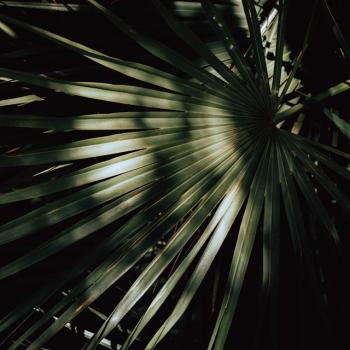The omissions hardly make a case for rejecting the Synoptic Gospels’ placement of the Last Supper on the night of Passover. The omissions, however, are not the critics’ most critical issue.
--
There are, of course, more than three Gospels. There is a fourth Gospel, and it is rarely “synoptic” with the others. The Gospel According to John relates several episodes that appear in none of the Synoptics. Even when John does cover the same ground, he sometimes takes a different angle of approach. He provides details that the others lack.
In terms of the chronology of Jesus’ Passion, John presents a major problem. He seems to contradict the timing that the other evangelists take for granted. Matthew, Mark, and Luke place the Last Supper squarely on Passover, the first night of the Feast of Unleavened Bread. John, however, clearly says that Jesus’ condemnation took place on “the day of Preparation of the Passover” (John 19:14, 31). If Jesus died on the Day of Preparation, then the Romans executed his sentence at noon, “the sixth hour” (John 19:14), just as the Passover lambs were being sacrificed in the Temple. If John is correct, then it would seem that Jesus died several hours before the seder meals began in Jerusalem. If John is correct, then it would seem that Jesus could not have been in that upper room for the seder.
It would seem so. But things are not always as they seem.
--
Research in areas like this leads us to be certain only of our uncertainty. It urges modesty, at least, as we draw conclusions. The confident assertion that three Gospels are wrong in their testimony seems unwarranted to me. Matthew, Mark, and Luke (the so-called Synoptic Gospels) state unequivocally that the Last Supper was a Passover meal. As a young pastor and scholar, I found no strong reasons to reject their claim. In thirty-five years of research since then, nothing new has emerged to change my mind.
_____________________________
[1] Raymond Apple, “The Last Supper—A Passover Seder?” Jerusalem Post, April 13, 2014, accessed May 27, 2017, from JPost.com.
[1] Baruch Bokser, The Origins of the Seder: The Passover Rite and Early Rabbinic Judaism (Berkeley: University of California Press, 1984), 25–26.




